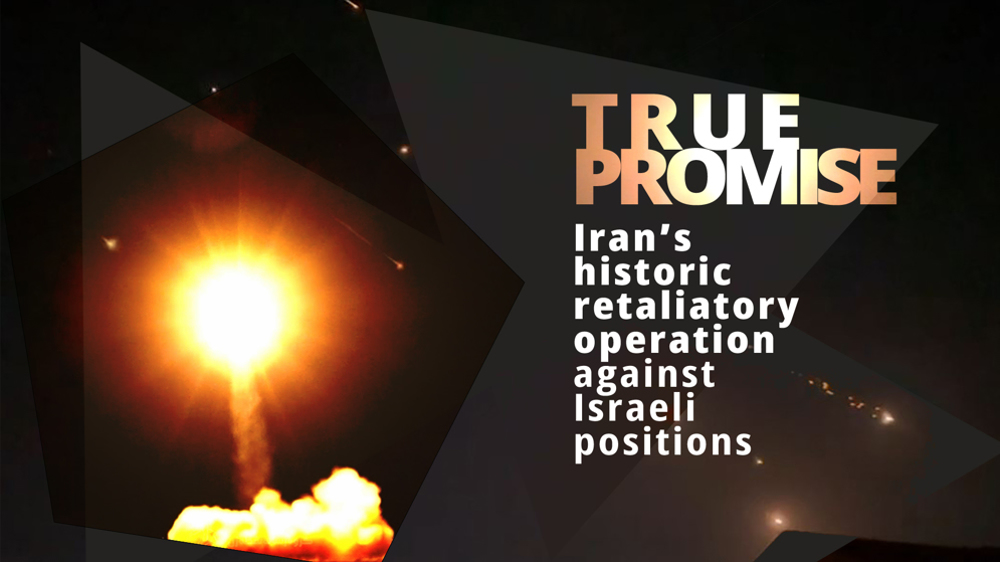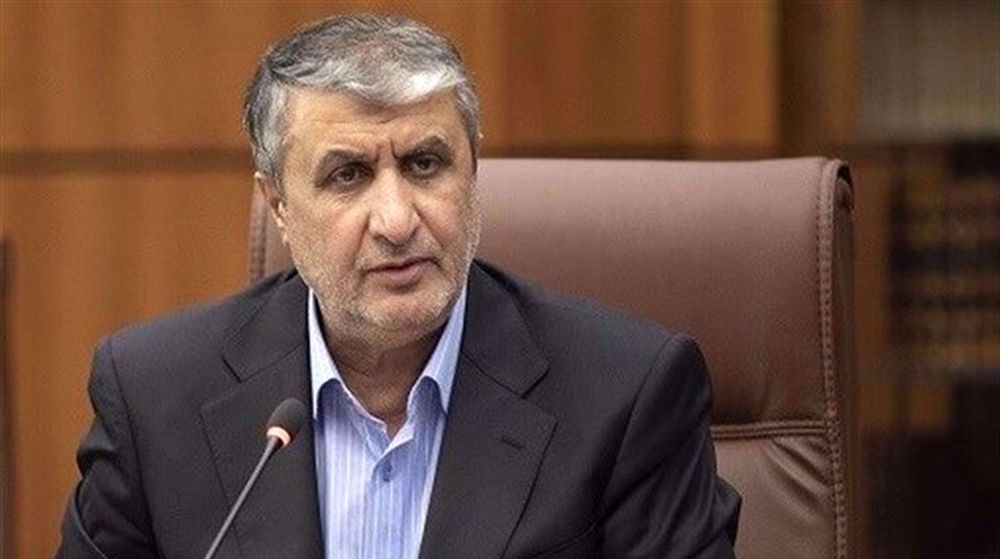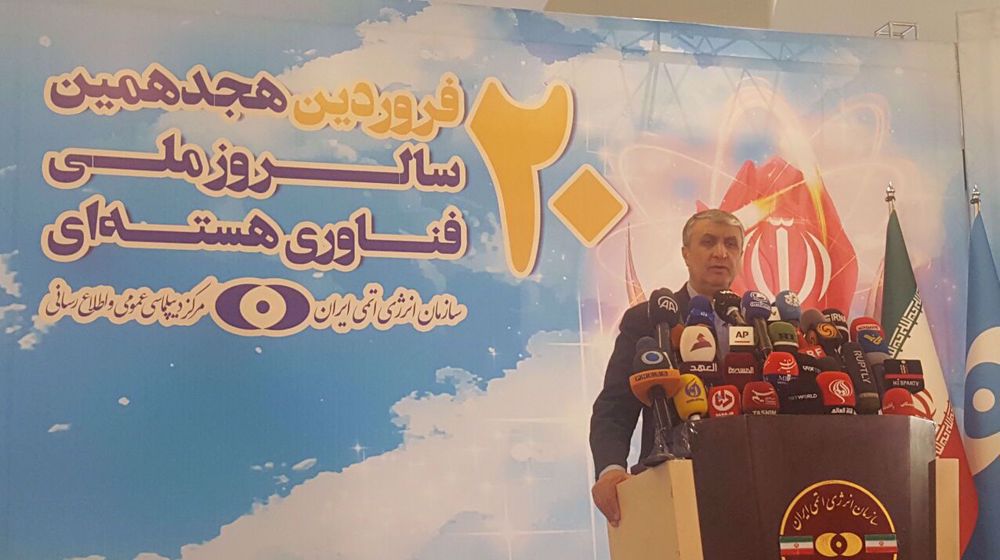At UNSC meeting, Russia stresses JCPOA survival; Iran says has done enough to preserve deal
Russia once again underlines the need for the remaining parties to the 2015 multilateral nuclear deal to live up to their commitments to help Iran benefit from the accord as Tehran says it has done enough to preserve the agreement and will not take the burdens alone anymore.
Addressing a United Nations Security Council meeting on the situation in the Middle East on Wednesday, Russian envoy Vassily Nebenzia said the US withdrawal last year from the deal, known as the Joint Comprehensive Plan of Action (JCPOA), and the re-imposition of sanctions against Iran “contradict the purpose of the JCPOA and Resolution 2231 and undermines Iran’s ability to comply with provisions of the document.”
He said that “the only way to preserve the deal is the good faith implementation of it by all of the remaining state parties of the obligations they have voluntarily taken upon themselves.”
He said Iran is “conscientiously” implementing its share of the agreement as demonstrated by many reports from the UN nuclear agency, adding that Iran is one of the “most verified countries” in the world in terms of commitment to international non-proliferation regimes.
Iran is strictly complying with all its nuclear obligations in the face of considerable challenges, Nebenzia noted.
However, by unilaterally leaving the JCPOA and undermining this agreement which is fundamental for regional and global security, “The United States is now trying to shift the blame for everything. They are not only refusing to implement Resolution 2231 that they endorsed but they are trying to ever more painfully punish all other member states for implementing Security Council decisions and conversely they are demanding that Iran unquestioningly implement absolutely all of the obligations,” the Russian envoy said.
He added that Russia has repeatedly condemned “irresponsible attempts to torpedo the agreement” and expressed hope that “matters of international security and stability will stop being held hostage to the domestic political intrigues of individual states.” “Unfortunately our appeals have been ignored and the unique potential of the JCPOA has been jeopardized,” he added.
“The only practical step that can be taken to save the JCPOA is the implementation by the remaining parties of their obligations. We need to abandon fear … and prioritize the maintenance of the JCPOA,” Nebenzia said.
He said that Russia understands the “deep disappointment” of Iran as it has been demanded full compliance with its obligations without fully benefiting from the deal.
He also denounced the US for its policy of “economic strangling” of Iran coupled with a threat of military action.
Also addressing the meeting was Iran’s ambassador to the UNSC who said the Islamic Republic has done enough to preserve the 2015 nuclear deal and will not take the burdens alone anymore.
“In practical terms, the JCPOA has become an agreement which is being respected only by one party and a multilateral agreement cannot be implemented unilaterally. Iran has done a lot and much more than its fair share to preserve the nuclear deal,” Majid Takht-e Ravanchi said.
“Iran alone cannot, shall not and will not take all of the burdens any more to preserve the JCPOA,” he added.
“In accordance with the JCPOA, the EU and its member states and the United States are committed to refraining from any policy specifically intended to directly and adversely affect the normalization of trade and economic relations with Iran and not to undermine the successful implementation of the JCPOA,” he stressed.
The Iranian envoy said that the US withdrawal from the JCPOA and the imposition of its illegal sanctions have rendered the JCPOA ineffective, adding that Tehran’s decision to suspend some of its commitments under the deal was meant to “protect interests of the Iranian nation and to bring a balance to the JCPOA.”
US President Donald Trump pulled his country out of the JCPOA, reached between Iran and the five permanent members of the United Nations Security Council plus Germany, in May 2018 and re-imposed harsh sanctions against the Islamic Republic in defiance of global criticisms, leaving the future of the historic deal in limbo.
Critical of Washington’s move, the European parties to the JCPOA vowed efforts to keep the deal in place by protecting Tehran against the US sanctions, but did little in practice.
On the first anniversary of the US withdrawal from the nuclear deal, Iran announced that it would suspend the implementation of some of its commitments under the deal, adding that it would stop exporting excess uranium and heavy water, setting a 60-day deadline for the five remaining parties to the deal to take practical measures towards ensuring its interests in the face of the American sanctions.
The three European signatories to the JCPOA -- the UK, France and Germany -- unveiled late in January the long-awaited direct non-dollar payment mechanism meant to safeguard their trade ties with Tehran following the US withdrawal from the nuclear deal and in the face of the "toughest ever" sanctions imposed by the United States against the Islamic Republic.
In its initial stage, INSTEX will facilitate trade of humanitarian goods such as medicine, food and medical devices, but it will later be expanded to cover other areas of trade, including Iran’s oil sales.
However, it has not resulted in any trade deals so far.
Report: Israeli warplanes bomb positions in southwestern Syria, Iraq
US forces smuggle stolen Syrian oil into bases in Iraq: Report
VIDEO | Press TV's news headline
Situation normal after air defenses fire at 'suspicious objects' in Iran
‘Iran retaliation against Israel ensured no aggression would go unanswered’
US vetoes Palestinian request for full UN membership
Iran sufficed to strike only part of Israel’s military positions: FM to UN chief
IRGC: Israel’s Dimona nuclear reactor not among Op. True Promise’s targets













 This makes it easy to access the Press TV website
This makes it easy to access the Press TV website